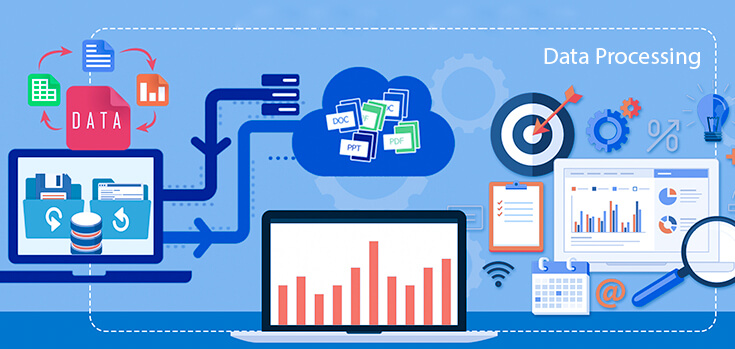What do you mean by Data Privacy?
Data privacy is a subfield of data protection that deals with the appropriate handling of sensitive data, particularly personal data and other confidential data, like specific financial data and intellectual property data, to satisfy regulatory requirements and protect the confidentiality and immutability of the data.
It outlines the numerous procedures used to guarantee that the information consumers give is only utilized for that reason. Privacy is essential to examine in a society with ever-increasing data volumes.
Individuals have the right to regulate how their personal information is gathered and utilized, known as their right to information privacy. Most people nowadays believe that data privacy is the most crucial problem in consumer protection. Growing technological complexity and the accompanying data kinds acquired are one element that contributes to this.
Customer’s Data at Risk:
In this new information age, where the world is constantly generating and using data in real time, companies have much access to client data, making data privacy a top concern. A fine balance must be struck between the consumer’s right to privacy and the information required for efficient marketing.
As a sign of trust, the capacity to implement and uphold a sound corporate data privacy policy is becoming more crucial. The complexity of information privacy is increasing by the second. As a result of technology’s advanced nature, new categories of personal information on consumers and people are being gathered.
Brands, marketers, and consumers would be the ecosystem’s three primary life forms if digital marketing were an ecosystem. Companies that do not sufficiently safeguard the security and privacy of consumer data risk substantial reputational harm as well as legal and financial repercussions.
Here are some of the trusted ways to keep your data safe and secure:
Data reduction:
Keep in mind the crucial principle that simply having the data does not grant you the right to do anything you choose.
This is true for both data collection and data exchange. Customers should be made aware of how their data will be used and assured that it won’t be utilized in any other way. Customers should be able to form realistic expectations about how the data will and won’t be used based on the context of the data gathering.
Online Cybersecurity Measures:
Several economic and cost-efficient choices are available for digital security for small enterprises. Internet security on the network and network devices is the foundation of everything. Then, businesses want security measures for their cloud-based software and laptops and mobile devices.
Along with digital encryption, cloud-based systems can avoid data intrusions by restricting access to higher operations. It is a wise strategy to have one or two highly trusted individuals in charge of access control.
To preserve the privacy of their consumer data for digital marketing, small enterprises can require assistance.
Only Gathering Necessary Data:
To make a sale, marketing teams need a limited quantity of information. Even when users grant permission to use their data, the information may only be retained for those specific, obvious, and legal objectives. Notably, the information must only be used for the purposes disclosed to the user.
A name and an email suffice a lot of the time. If a company wants to deliver goods or services to a customer’s house, further information, such as phone numbers and addresses, is required.
Small enterprises should be transparent about the data they gather when they gather it. The company can explain if a consumer asks why. It’s quite simple to collect information on a website.
Data processing following a clear and transparent privacy policy:
Companies must process user data in a legal, equitable, and transparent way. Only if one of the following conditions exists is the processing legal:
- The consent is from the data subject.
- A contract or other legal requirement requires processing.
- To safeguard someone’s essential interests, the data must be processed.
- It is in the public interest to process the data.
Regarding data privacy, the idea of consent is crucial. When gathering data, businesses should:
- Make it extremely clear when consent is necessary.
- Note the methods used to get, maintain, and manage permission.
- Make it simple for individuals to revoke their licenses.
Conclusion:
The development and use of digital marketers’ tactics are significantly impacted by data privacy. Always be open and honest about the purposes behind your data collection and usage decisions. Customers own the data, so treat each one with care. And at all times, act morally.
Building a connection built on trust with your clients will be easier the more you can show that you’re using the data effectively. Customers entrust you with their most private information, including Social Security numbers, credit card numbers, passwords, and more and you must protect it.
















